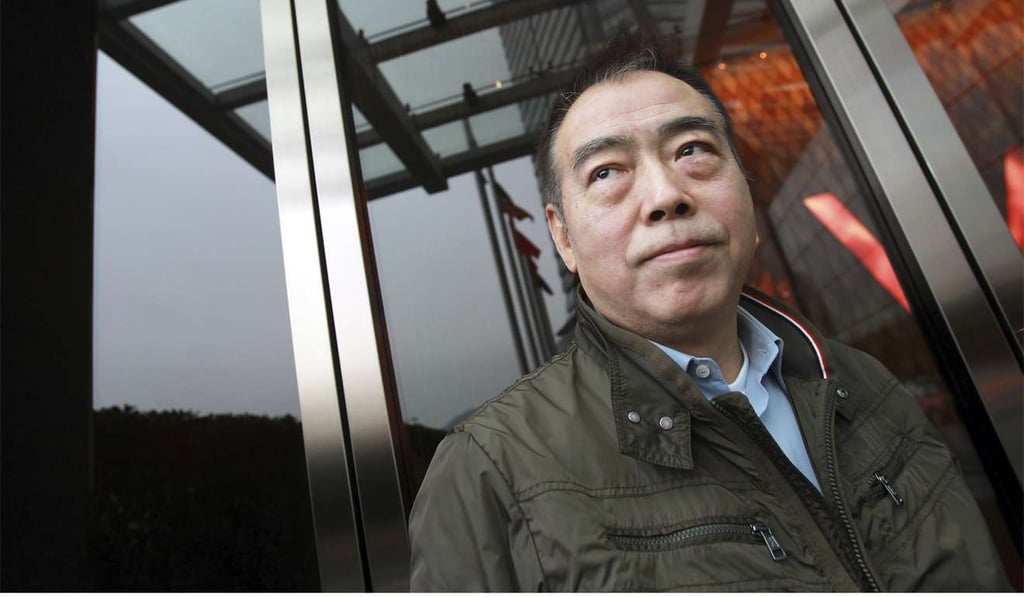New Chinese film law fails to resolve confusion over censorship rules
Chief censor Zhang Hongsen has dampened the hopes of Chinese filmmakers that the country’s first film industry law will lend transparency to officials’ handling of their movies

When China’s National People’s Congress passed the country’s first film industry law in November, movie producers and directors described the moment as a watershed for Chinese cinema. Having been subject for years to vague regulations interpreted in accordance with the whims of officials, filmmakers believed they could now count on something more substantial.
Optimists hoped the law, which came into force on March 1, would be the first step in clarifying the grey area around film censorship, for years the bane of the industry.

Perhaps aware of such hopes, the State Administration of Press, Publication, Radio, Film and Television arranged for Zhang Hongsen, head of its film bureau – which is in charge of censorship – to be interviewed on state television on March 11 in what would be a carefully orchestrated promotion of the law. The 10-minute segment, which appeared in a daily current affairs show on China Central Television’s 24-hour news channel, began with Zhang walking a journalist and crew through the Film Bureau’s grounds: the small cinema in which censors watch films applying for screening licences, Zhang’s office, and the reception salon that was said to have hosted Chinese filmmakers and international studio bosses.
Then Zhang responded to a question about – what else? – censorship. The legislation lists eight prohibited areas for filmmakers – ranging from visceral elements such as superstition and gambling, to broader notions such as “threats to national unity” – and Zhang said the clauses would reinforce “principles we will not compromise”.
